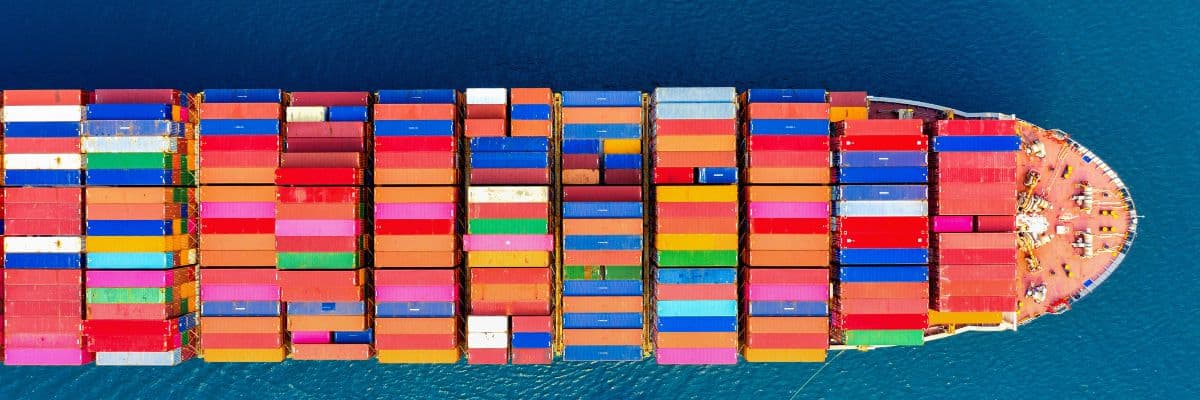Featured posts
What is the National Ship Register?
Customs management in the Canary Islands
Type of containers used in maritime transport
It is important to consider how customs formalities are handled when goods arrive at their destination. A simple documentation error can lead to customs delays in the Canary Islands that nobody wants, with an even higher cost for the customer.
General considerations for customs management
Different tax regime
The Canary Islands is an autonomous community with a special economic and fiscal regime recognised in the Constitution, based on the following.
- Commercial freedom to export and import.
- Non-application of monopolies.
- Tax and customs relief on consumption.
There are principles and rules that must be applied due to the recognition of the Canary Islands as an outermost region of the European Union in Article 349 of the Treaty on the Functioning of the European Union.
Thus, the following do not apply in the Canary Islands:
- Tax on petroleum-based fuels: In 2022, this was significantly reduced for professionals to mitigate the effects of fuel inflation on households.
- Tax on tobacco products: This is a percentage of the price of all types of tobacco products sold to the public, including rolling tobacco.
The Canary Islands general indirect tax and the tax on imports and deliveries of goods in the Canary Islands (IGIC). This is the equivalent of VAT with lower tax rates that vary according to the sector and the degree of need for the goods or services in question.
Necessary documentation
The following documentation is required for customs formalities in the Canary Islands, e.g., the payment of Canary customs duties at a customs office in the Canary Islands.
- Technical sheet.
- DUA and Export release: The Canary Islands DUA or declaration of introduction (CO) indicates whether a vehicle is from the European Union, i.e. the Customs Union. After importing, the IEDMT, a special tax on certain means of transport, if applicable, must be regularised.
- Bill of lading: This is one of the most important documents in the shipment of goods because of the information it contains about the goods, their transport and the buyer and seller.
If the procedure is carried out on behalf of the holder, a copy of the holder’s ID card and a signed authorisation must be provided.
Any exemption from customs duties because of a change of residence must also be added to the documentation:
- historical registration certificate for the mainland;
- certificate of census registration or document proving this for the Canary Islands.
Incoterms
These are a set of established 3-letter codes for obligations on both buyer and seller and are thus used as a basis for sales contracts.
The current Incoterms are Incoterms 2020. They represent an evolution with respect to stipulated sales contracts conditions and also represent a guarantee for the customer, though they are not obligatory.
